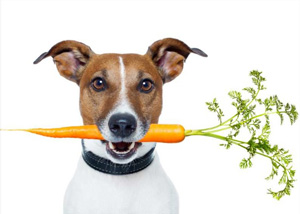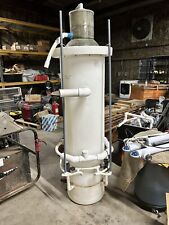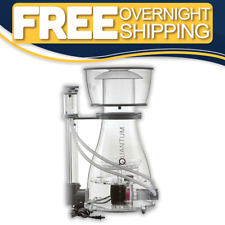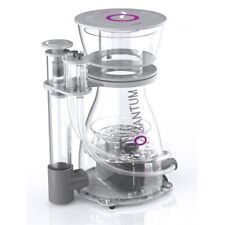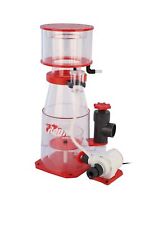Vegetarian Dogs
Vegetarianism is becoming more popular than ever among animal lovers for environmental, health and ethical reasons. Due to this, many vegetarians want to feed their families and canine friends like they feed themselves. This can be a bit of a challenge but with proper research and some know-how, your dog too can ‘go veggie’ and still eat a balanced, canine-appropriate diet.
Dogs evolved as omnivorous animals and are able to eat a variety of foodstuffs from meat to grains to vegetables. Some veterinarians and dog enthusiasts may seem skeptical about all-vegetarian diets for dogs, but it is possible to provide them with sound, balanced vegetarian nutrition.
Home-cooked meals are a great option for owners who want more hands-on control over where their dog’s food comes from. Many owners are able to prepare dishes for themselves and their canine pals from the same ingredients found at the farmers market or grocery store. Ingredients that can be used include tofu, sweet potatoes, rice, quinoa, peas, textured vegetable protein, and apples, just to name a few. Incorporating low-fat dairy, whole grains and fresh vegetables can boost your dog’s immune system, giving him a lustrous coat and unmatched energy. However, some fruits and vegetables are toxic to dogs and should never be fed to them in any amount. A few examples include onions, garlic, macadamia nuts, grapes, raisins, avocado and chocolate.(1)
Even though the internet contains a host of good information on pet care, it is best to It is best to consult with a veterinary nutritionist about balanced recipes for home-cooked diets. The nutritionist will be sure to account for the correct vitamin, protein and mineral balance for your particular dog’s needs. There are certain vitamins that are only found in meat and animal products and these will need to be supplemented carefully in a vegetarian diet. The University of California-Davis has a veterinary nutrition consulting service and website. Talk to your veterinarian about a referral for this service.
There are also other veterinary nutritionists in private practice that can be consulted by phone or email. These vets are great resources if your pet has health issues, as many are holistic veterinarians and can provide balanced recipes for therapeutic purposes.(2) Dog and cat owners can search the American College of Veterinary Nutrition website directory and contact veterinary nutrition services and consultants in their area.
If you’re not into cooking or don’t know how to boil water- don’t despair! You can provide your dog with a balanced vegetarian or vegan commercial diet. Not every major brand makes a vegetarian dog food, but there are several on the market that meet AAFCO (Association of American Feed Control Officials) minimum nutritional requirements for adult dogs. One popular brand is Dick Van Patten’s Natural Balance® Vegetarian formula. If you can’t find a canned or dry vegetarian diet for your dog at your local pet store, many are available for purchase online. Do you like the idea of feeding home-cooked meals to your pet but don’t cook? In large cities like Los Angeles and New York, there are now small ‘boutique’ pet food companies that provide fresh, hand-made canine diets delivered right to your door.
As you can see, there are many options for vegetarians out there. Take the time and do a little research to find out which one is best for you. Your dog will enjoy their new diet and the health benefits they will reap from it.
Resources
- ASPCA Animal Poison Control. http://www.aspca.org/pet-care/animal-poison-control
- Wynn, Susan. Veterinary Nutrition and Integrative Medicine. www.susanwynn.com
